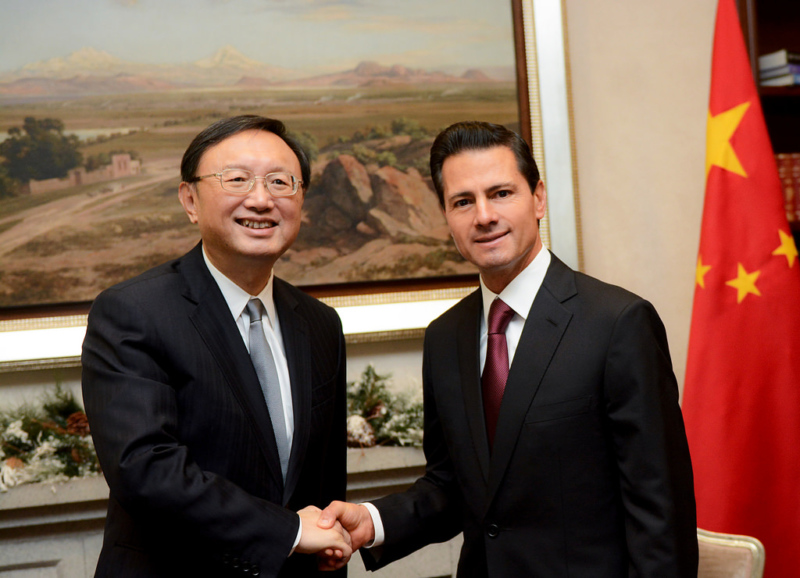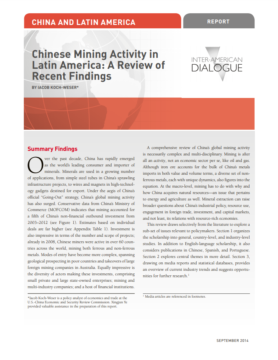The Politics Of Disaster Relief
After a 7.0 magnitude earthquake struck Haiti, the aftershock reached China in ways that few anticipated.The earthquake forced Chinese leaders to navigate the tricky politics of disaster relief.
The 19th Party Congress of the Chinese Communist Party this year was marked by many remarkable events. The ushering in of a “New Era” in Chinese socialism and General Secretary Xi Jinping’s eponymous theoretical contribution to the Party Constitution – the first by a living leader since Mao Zedong – alone made the Congress a noteworthy one. The band of veterans entering the Politburo’s Standing Committee – the Party’s highest governing body – similarly surprised many, and fanned already furious speculation that Xi is planning to smash convention and extend his tenure beyond the customary ten years. Just as significant was Xi’s ambitious foreign policy, as outlined in his main address, which emphasized “striving for achievement” and the construction of a “community of common destiny” as two of China’s guiding foreign policy concepts.
These surprises, and others not mentioned here, will undoubtedly influence China’s foreign policy for years, if not decades, to come. Nevertheless, this year’s Congress also saw plenty of unremarkable elements, many of which suggest an almost paradoxical sense of constancy – particularly on the international stage. Indeed, while it is still too early to tell definitively, personnel changes within the Party reflect satisfaction with the leadership’s international performance over the last five years and suggest the country’s course will continue along the same path of increasing engagement overseas. Indeed, “continuity” seems to be the theme of the Congress, as many of the main diplomatic and economic players in the Party and state will stay onboard for another round.
[...]
After a 7.0 magnitude earthquake struck Haiti, the aftershock reached China in ways that few anticipated.The earthquake forced Chinese leaders to navigate the tricky politics of disaster relief.
Despite reports in recent months that Mexican manufacturing is experiencing a resurgence, Mexico’s industrial sector faces tremendous challenges.
China has rapidly emerged as the world’s leading consumer and importer of minerals.
 Presidencia de la República Mexicana / Flickr / CC BY 2.0
Presidencia de la República Mexicana / Flickr / CC BY 2.0
